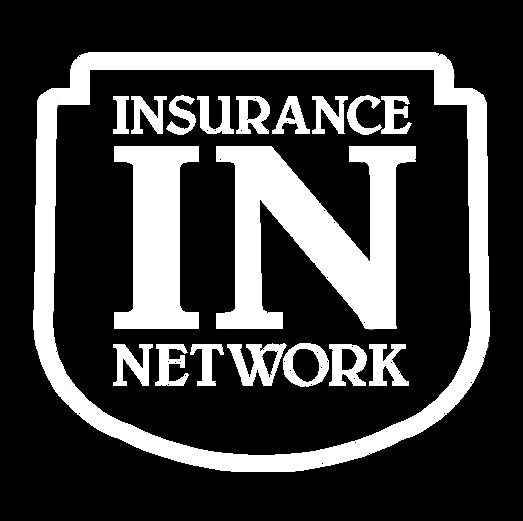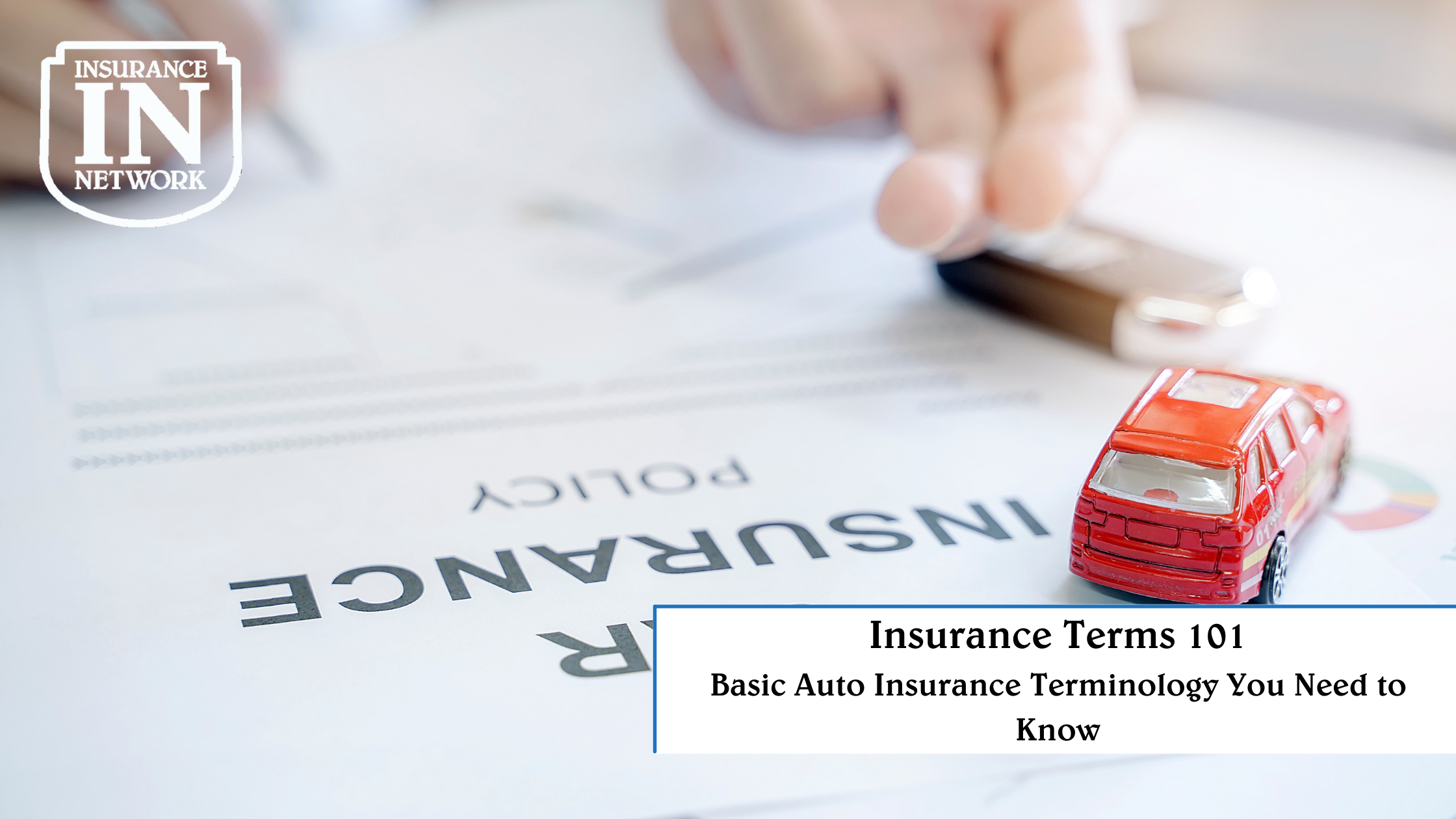It’s vital for you to understand basic auto insurance terms, especially in Michigan where almost everyone has a car. Below, we outlined the most commonly used car insurance terminology and definitions to help you understand your policy even more.
Basic Auto Insurance Terms
First, we’ll start with some of the most common auto insurance terms used by our agents every day:
- Aftermarket parts: Aftermarket parts are vehicle parts made by a different company than the one that manufactured those originally included with the vehicle. Examples of this include headlights, bumpers, spoilers, exhausts, and more.
- Bodily injury coverage: This coverage protects the insured from a lawsuit judgement should they cause physical injuries to another.
- Collision coverage: This pays for damage to the insured’s vehicle due to a collision with an object or another vehicle.
- Comprehensive coverage: Unfortunately, you can’t predict what will happen to your vehicle, such as being damaged by a tree falling or a fire. This coverage applies to those situations where the unpredictable happens.
- Personal Injury Protection (PIP): As a part of the no-fault policy, this pays for all reasonably necessary medical expenses for a policyholder and their resident relatives.
- Uninsured/underinsured motorist (UIM): There are always drivers that don’t have auto insurance or that carry low liability limits. If they’re at fault in an accident causing you permanent bodily injury and don’t have any or enough insurance to cover the cost of your judgement against them, you can rely on this coverage provision stemming from your policy.
Need More Help Understanding Insurance Terminology? Contact Us Today!
Congratulations; you know the most commonly used auto insurance terms! Now, you’re more than ready to talk about your auto insurance policy needs.
Contact our team of auto insurance experts today; we look forward to helping you protect those who matter most.


